#45: How to Write Perspectives You Don’t Agree With in Fiction (And How to Write Objectionable Perspectives)
One of the powers of writing fiction is that you are able to write characters who are not like you—they can have different backgrounds, different skills, different desires, different circumstances.
But sometimes, for the purposes of plot or character or theme, you need to write fictional perspectives that you don’t agree with.
Sometimes these might be perspectives that take a different philosophy on life—in Sense and Sensibility, Mrs. Jennings attempts to pry into Elinor’s life to discover who Elinor favors, despite the subject making Elinor uncomfortable:
When Mrs. Jennings attacked [Elinor’s sister Margaret] one evening at the park, to give the name of the young man who was Elinor’s particular favourite, which had been long a matter of great curiosity to her, Margaret answered by looking at her sister, and saying, “I must not tell, may I, Elinor?”
This of course made every body laugh; and Elinor tried to laugh too. But the effort was painful. She was convinced that Margaret had fixed on a person whose name she could not bear with composure to become a standing joke with Mrs. Jennings.
Mrs. Jennings pushes and pushes until she discovers from Margaret that the name begins with F, and it makes Elinor extremely uncomfortable.
Yet there are also perspectives that Austen represents in her novels that are much more objectionable. As you write your own stories, you may need to write a character who you not only disagree with, but whose views (and resulting actions) you find reprehensible.
How do you write perspectives you don’t agree with in fiction? And how do you write objectionable perspectives?
Understand your character’s views and the reasons for their views and behaviors
In order to write a character, you must understand them. In Sense and Sensibility, Lucy Steele manipulates the protagonist, Elinor, by sharing secrets and extracting promises from her. Lucy causes Elinor much pain.
Yet she is an effective character, because Austen understand her views:
Lucy Steele is a woman grasping for a respectable place in life. The man she loved and made promises to when younger seems to be in love with someone else. If we were in her place, wouldn’t many of us want to try to do something?
When characters have objectionable perspectives on life, they often have reasons for it, things in their past and their present that have influences their views and behavior.
Their motives for these views and their behavior might be inwardly focused, like selfishness, a desire for power, or a disregard for societal mores. Their motives might be outwardly focused, such as spite, revenge, or jealousy. Their motives for these objectionable perspectives might more positive—they might think they are benefiting others by their behavior. And sometimes a character might have an objectionable viewpoint because they believe the ends justify the means or they lack the understanding and knowledge to see the negative implications of their negative viewpoints.
At the beginning of the year I wrote a post about giving antagonists redemptive qualities. In that post I discussed John Willoughby as a character in Sense and Sensibility. He makes choices that cause active harm to the protagonists, yet his motives are clear, and while some of his motives and perspectives are harmful, others are positive. In a poignant and powerful passages that is often cut from film adaptations, John Willoughby is given an entire scene in which to express his viewpoints, his regrets, and his justifications. He knows the harm he has caused, yet refuses to give up some of his objectionable perspectives. But because we see his story, we feel for him, and Elinor feels for him.
Don’t Make an Objectionable Perspective Universal
When you write a character with an objectionable perspective, don’t make that perspective universal, especially within groups or categories to which a character belongs.
As I discussed in the previous post, groups of characters should not be written as monoliths—within any group there is a range of perspectives and opinions. While a character may have a particular objectionable perspective, not everyone within their societal class, religion, race, nationality, or any other sort of group will have that perspective. It can be harmful to people within those groups if you represent an objectionable perspective as universal.
For example, some of the most objectionable perspectives on life in Sense and Sensibility are held by Fanny Dashwood and her mother, Mrs. Ferrars. Fanny is selfish and more than willing to deprive Mrs. Dashwood and her daughters of any support. Mrs. Ferrars is very classist, as she is also controlling, vindictive, and cruel. Yet one of their other family members, Edward Ferrars, is shown in a completely different light. While his choices sometimes cause Elinor pain, he does not want to cause her pain and he spends the story trying to be good and honorable to everyone.
(Note: sometimes in Austen novels, you have only one character from a group, for example, Mr. Collins is the only clergyman character in Pride and Prejudice. Yet his views are not universalized as representative of all clergymen.)
Assign the Objectionable Perspective to an Antagonist
When representing an objectionable perspective, the goal as a writer is likely not to condone that viewpoint. This is the reason why, in many novels, the truly objectionable perspectives are given to antagonists.
Because an antagonist interferes with the main character, it is often made clear that their behavior and the viewpoints that lead to this behavior are not advocated by the narrator or the writer.
Let’s consider, once again, the selfish perspective of Fanny Dashwood:
Mrs. John Dashwood did not at all approve of what her husband intended to do for his sisters. To take three thousand pounds from the fortune of their dear little boy would be impoverishing him to the most dreadful degree. She begged him to think again on the subject. How could he answer it to himself to rob his child, and his only child too, of so large a sum? And what possible claim could the Miss Dashwoods, who were related to him only by half blood, which she considered as no relationship at all, have on his generosity to so large an amount. It was very well known that no affection was ever supposed to exist between the children of any man by different marriages; and why was he to ruin himself, and their poor little Harry, by giving away all his money to his half sisters?
Through use of free indirect speech and a summary of Fanny’s arguments, we are given Fanny’s perspective, and it is an objectionable one.
Yet Austen’s narrator does not moralize or directly condemn. Austen does not take a heavy, didactic approach, which would lessen the beauty and effectiveness of her novels. Rather, she allows Fanny to show her perspective, and throughout the novel she explores the impact of this perspectives on the main characters as they are, in essence, cast out of their home.
Next Lesson: How to Give an Objectionable Perspective to a Protagonist
While it’s easier to write an objectionable perspective in an antagonist, it can be extremely effective to write an objectionable perspective in a protagonist. That will be the subject of the next lesson.
Exercise 1: Think of a modern perspective that you find objectionable. This could be something political, something social, or something you’ve read about in the news. Read several blog posts or articles from people who have this perspective. Then write a scene in which a character holds this perspective. Try to write them in a way that is fair to their motives and the reasons for their behavior.
Exercise 2: Who is your favorite villain or antagonist? Write a paragraph about the objectionable viewpoint or viewpoints that they hold, and how these are represented in the text.
Exercise 3: Analyze a draft that you have written. Do you have any characters with objectionable perspective? What is working well about the representation of this character and this perspective? How could this representation be improved? If you don’t have any objectionable perspectives, would it be useful to add one?
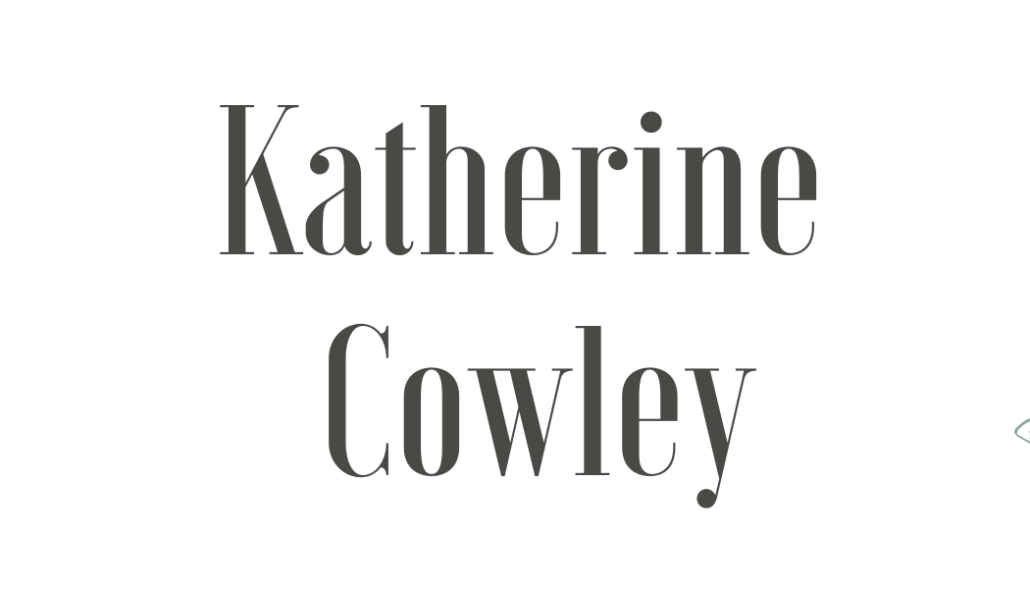
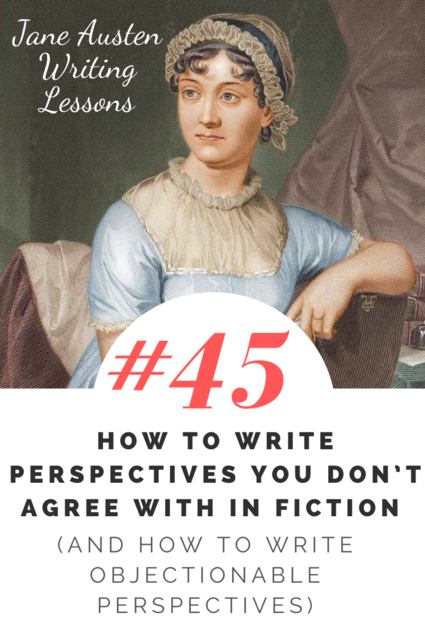
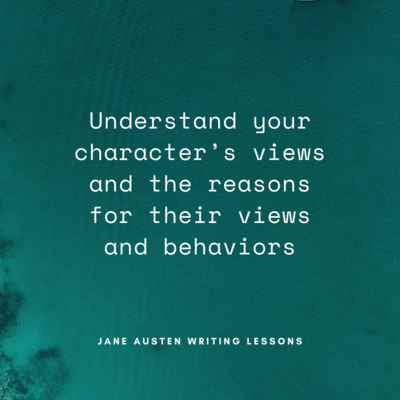
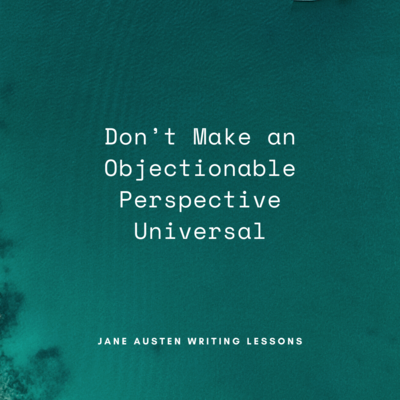
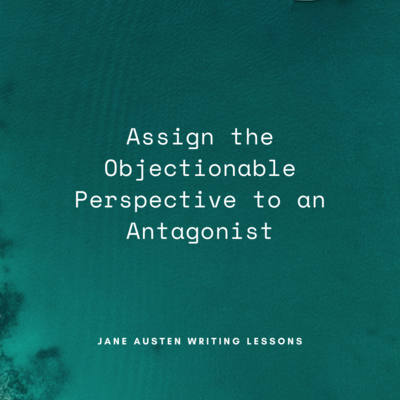
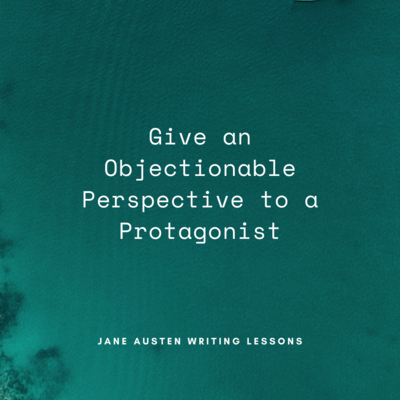

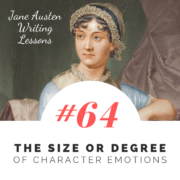
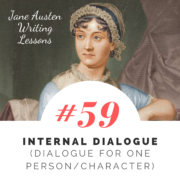
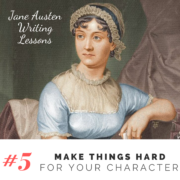
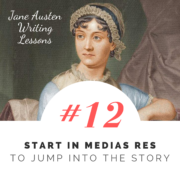
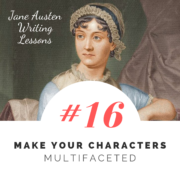
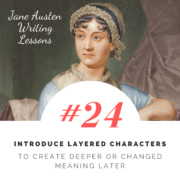


Leave a Reply
Want to join the discussion?Feel free to contribute!